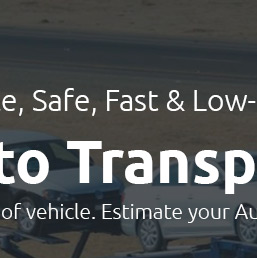 |
|
||||
 |
 |
 |
 |
||
 |
 |
|||||
 |
 |
 |
 |
 |
 |
 |
||
 |
 |
 |
 |
 |
 |
 |
 |
 |
 |
 |
|
 |
|
Discover the pinnacle of auto shipping services, where we redefine the transport of any type of vehicle with unmatched reliability and precision-whether it's a sleek sports car or a rugged SUV, we've got you covered, and you're probably wondering, 'How much does shipping a vehicle cost?'-with us, it's not just about competitive pricing, it's about offering unparalleled value, transparency, and peace of mind, because we believe in going beyond mere logistics, turning what could be a stressful process into a seamless, efficient experience, making your vehicle's journey as smooth and secure as possible.
https://www.kbb.com/car-advice/costs-shipping-vehicle/
Quick Facts About Car Shipping Costs ... Many factors can raise or lower the cost of shipping a car, but you can expect to pay an average of ... https://www.autostartransport.com/blog/cost-to-ship-a-car-per-mile/
The national average cost to ship a car per mile ranges from $0.55 to $2, but this can vary greatly depending on several factors such as the distance, time of ... https://smartautomove.com/auto-transport-car-shipping-auto-shipping-chicago-illinois/
For the first 1-500 miles, the average rate is typically $1.00 per mile, so a 400-mile trip might cost $400.00. The longer the distance, the lower the price: ...
|
